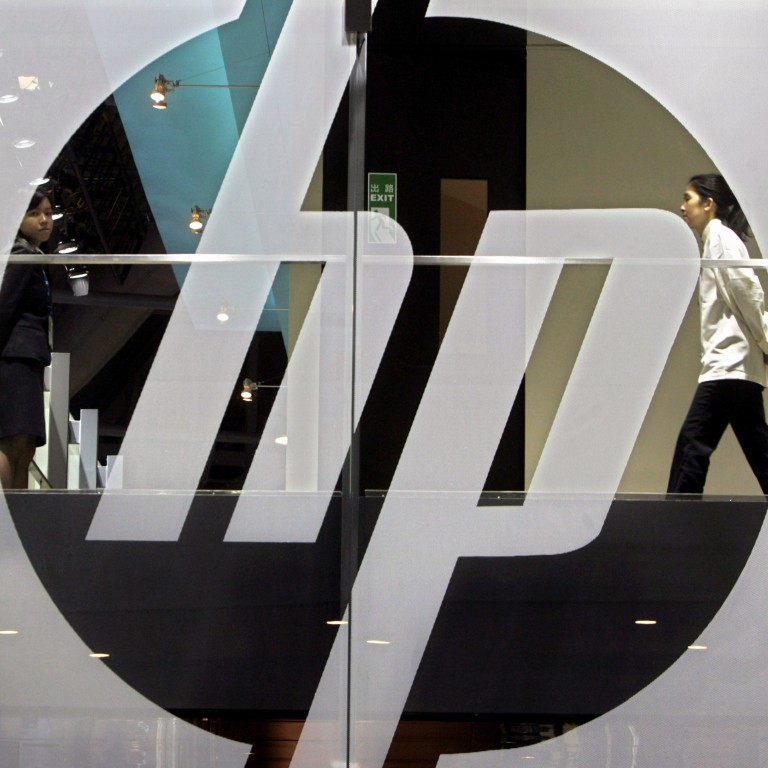
Biggest Chinese chip maker in talks to buy controlling stake in HP's China operation
Tsinghua Unigroup, China's largest chip maker, is in talks to buy a controlling stake in Hewlett-Packard's China data-networking operations, in a deal insiders say would value the HP subsidiary at US$5 billion.
The talks are part of a trend of foreign technology companies partnering with Chinese firms to reach consumers as sales slump amid increasing suspicion from Beijing over the use of foreign brands by govermnent agencies and state-owned businesses.
In February, Beijing removed a number of leading technology brands, including Cisco Systems and Apple, from its approved state procurement lists in what some analysts said was a response to revelations about widespread Western cybersurveillance.
“We are creating a new kind of model for US-Chinese company partnerships,” Zhao told the Journal.
Founded in 1988, Tsinghua Unigroup acquired two of China's largest mobile-chip manufacturers, RDA Microelectronics and Spreadtrum Communications, in 2013, becoming the country's top chip maker in the process.
HP competitor Intel owns a 20 per cent stake in Tsinghua Unigroup, which it bought for US$1.5 billion in 2014. In February, Beijing announced its chip support fund would invest 10 billion yuan (US$1.6 billion) in the company in the next five years.
Mainland Chinese companies have invested roughly US$40 billion in the US since 2000, according to a report published last month by the US-China Economic Security and Review Commission.
That deal sparked a national security review in the US, a process Tsinghua Unigroup may also need to satisfy.
“Filing a notice with the Committee on Foreign Investment in the United States (CFIUS), technically, is a voluntary process. But it should be treated as obligatory for sensitive transactions, such as those involving critical infrastructure and technologies,” Anne Salladin, special counsel on national security at US law firm Stroock & Stroock & Lavan's, told the Post last month.
